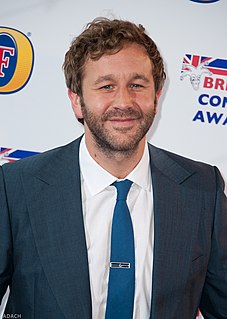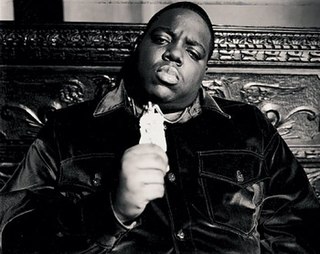A Quote by Olivia Williams
I guess maybe I was hired to play in the Doll House because of my dinner scene in The Sixth Sense, which has been scrutinized a thousand times as to whether you know Bruce Willis is dead, or whether I'm talking to myself. I think that maybe if that could be my forte, to do a scene and be able to say it could be read this way or that way.
Related Quotes
Whether it's one scene or 15 scenes in a film, whether it's the lead or a cameo part, if I don't find it interesting, I tend not to do it. You never really know what it is. It could be a one-scene part. I remember I read the one scene in Crash and was asked to do it. I was like, "Absolutely!" There's no formula for how something has to be. I always try to keep it that way.
I don’t know if I’d do an action movie because I don’t know if I could keep a straight face honestly, I just think it’s so silly. Like I love watching them but I can’t imagine me doing one. Actually, you know what I’ve done, just for fun because I didn’t think there was any way that I could be in a superhero movie, so I’ve done a scene in the new “Thor” movie, just for that. I just do like one scene, which was quite fun.
I actually went to see 'Rushmore,' and I came late, and I missed myself. It was great, that scene. I caught that scene the other day on TV, funny enough, the first scene that you see with Jason Schwartzman and myself, where we talk about his grades. That's a brilliant scene, and I have to say, we play it brilliantly.
What you find with really good directors is that they kind of leave you alone. They've hired you because they know the kind of work you do and the sense of how you'd approach it. So usually, they'll just stand back and maybe give you a nudge once in a while in terms of something specific they might want in a particular scene.
Game Over is a very frustrating game convention. In short, it means, 'If you were not good enough or did not play the game the way the designer intended you to play, you should play again until you do it right.' What kind of story could a writer tell where the characters could play the same scene ten times until the outcome is right?
The idea of flux, kind of constant change, whether it be our sense of time or geological time or cosmic time. It's always there, and I think that maybe it's a way of dealing with the idea of mortality, trying to acknowledge the fact that all things change, and whereas, maybe death is the end of one state of being it's the beginning of something else. I'm not talking about going to heaven or being reincarnated as a toad, I'm talking about the idea that the molecules in our bodies, or at least the atoms, were here at the beginning of the universe, and the sense that we are basically matter.
I like a lot of hardcore, but it's just a genre about which I don't have much to say. It's kind of a thing where, unless you're active in the hardcore community, what could you have to say of value about it? It resists criticism because it's not just a style but an entrance into several different worlds of ideas- political, philosophical, societal. The music is really only part of the whole scene. In that sense, the music doesn't change much because it shouldn't: It needs to be there as a signal that you're entering into a certain discursive mode, maybe.




































